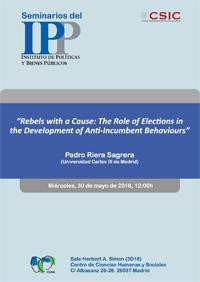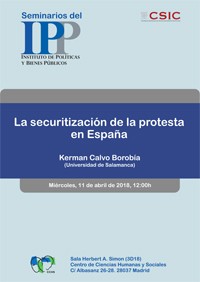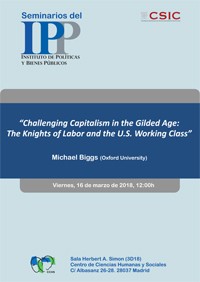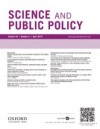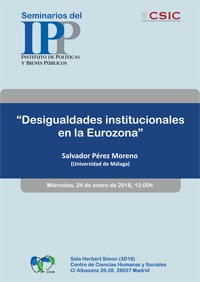Cruz-Castro, L. & Sanz-Menendez, L. (2018) Autonomy and Authority in Public Research Organisations: Structure and Funding Factors. Minerva 56(2): 135-160 (OPEN ACCESS)
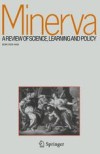
This paper establishes a structural typology of the organisational configurations of public research organisations which vary in their relative internal sharingof authority between researchers and managers; we distinguish between autonomous, heteronomous and managed research organisations.





